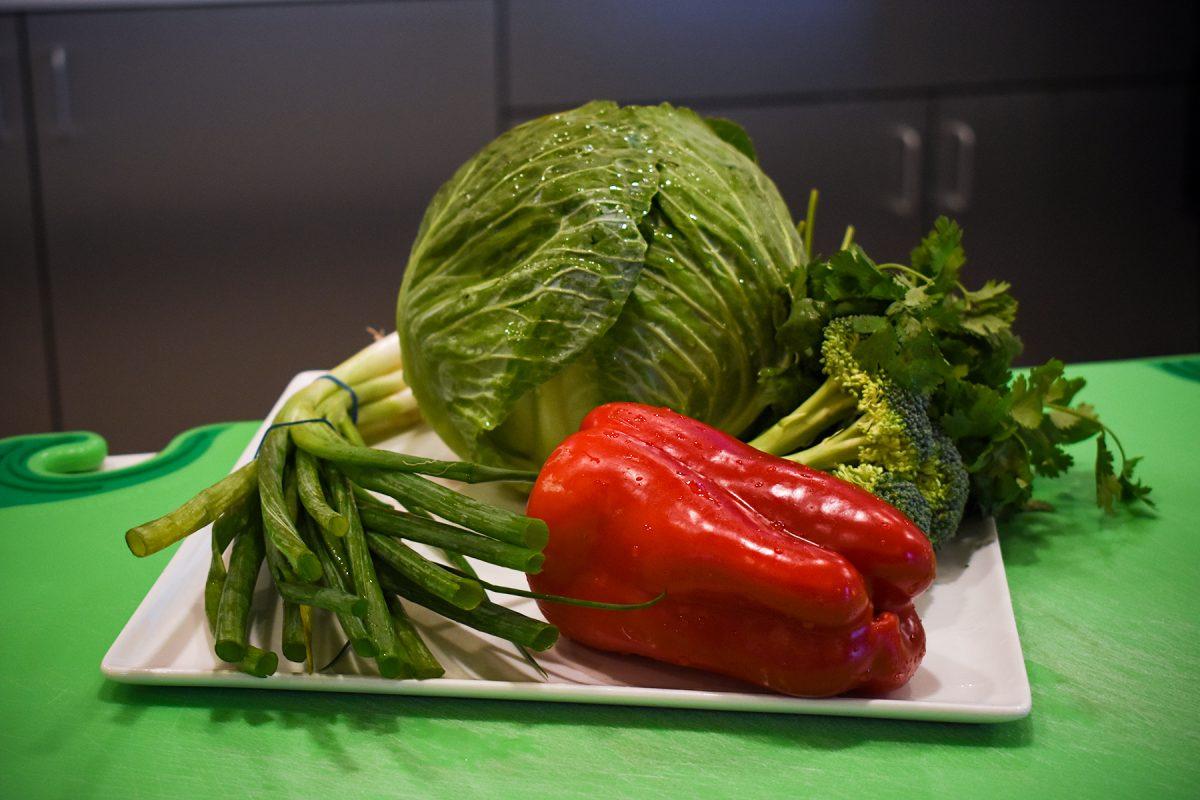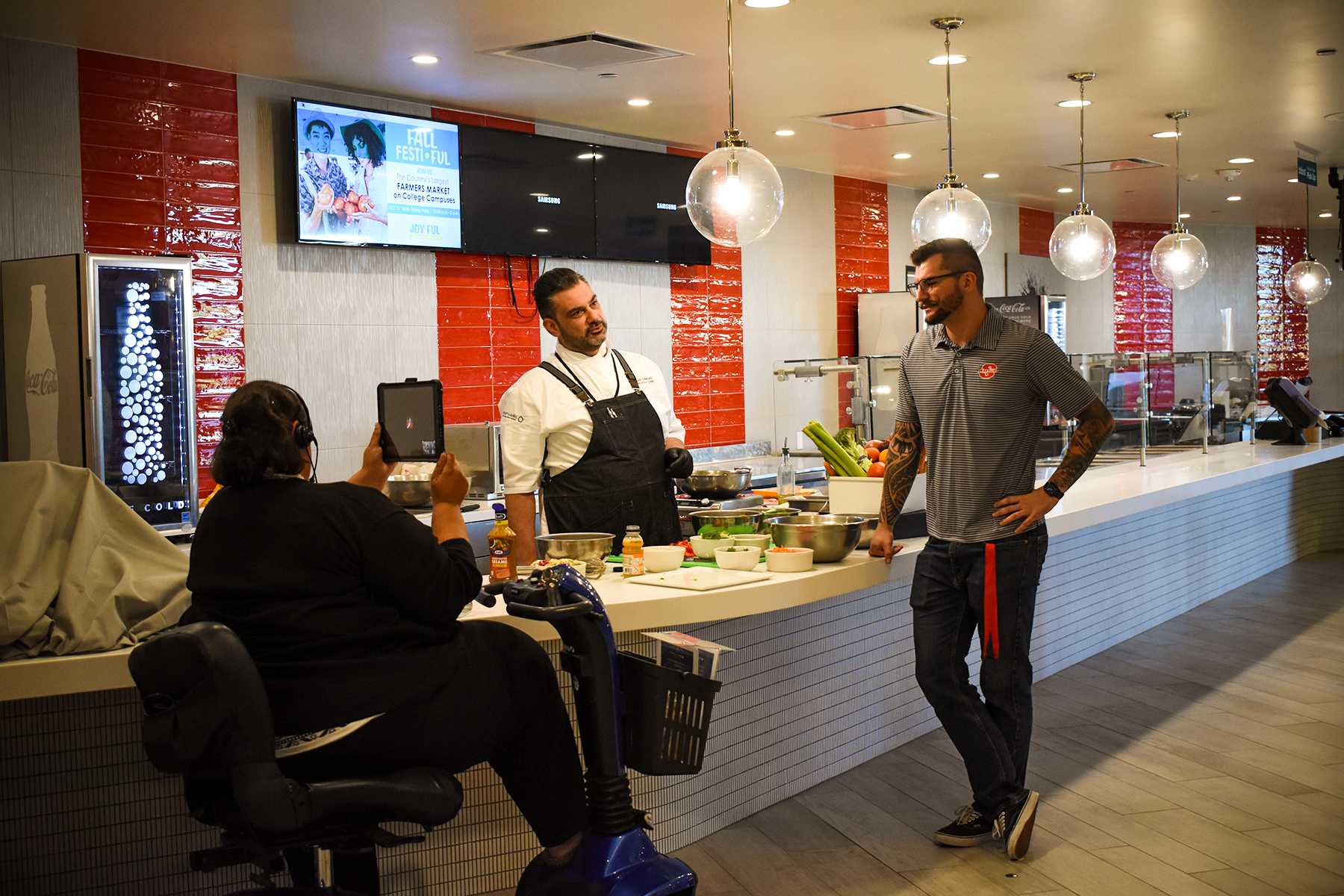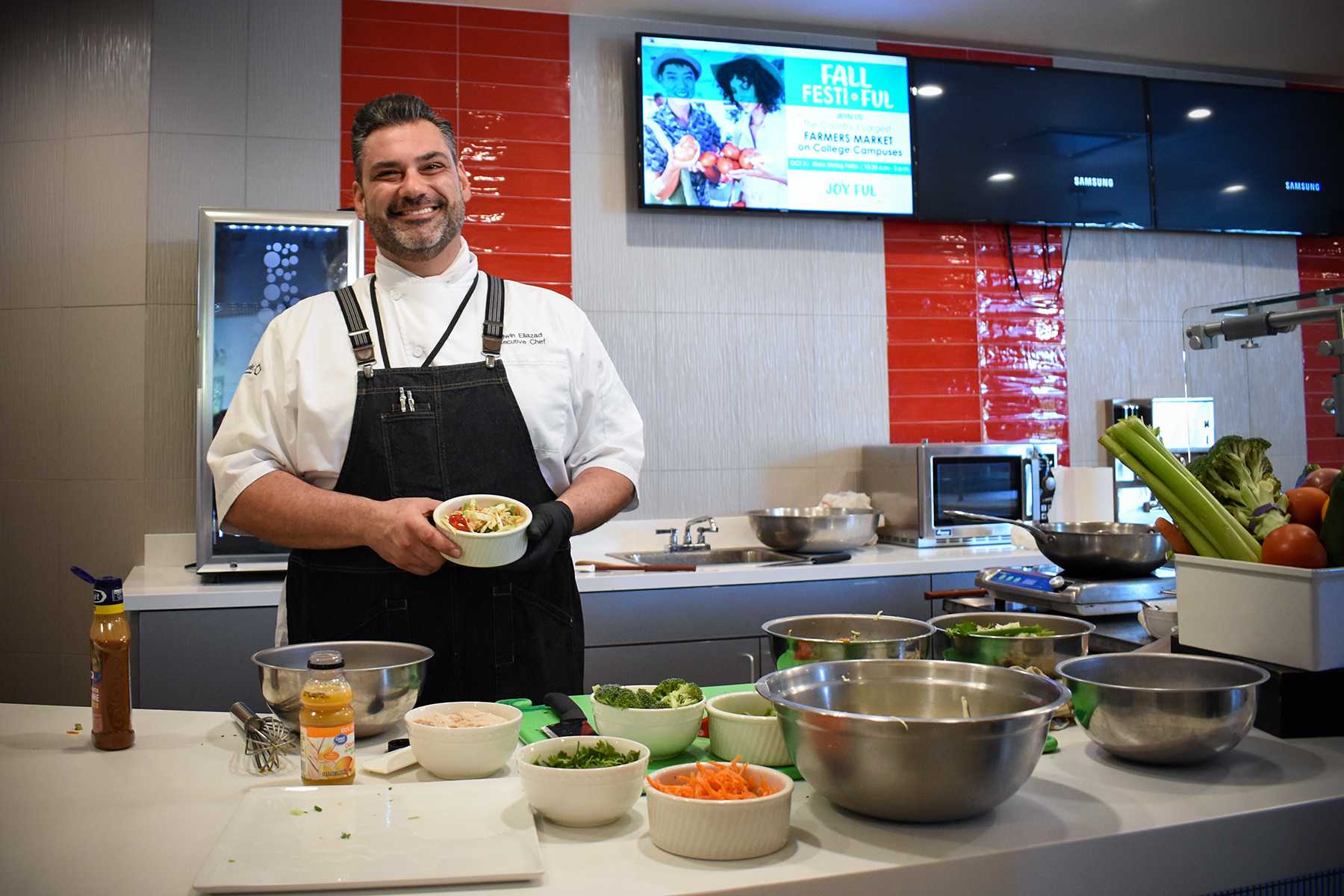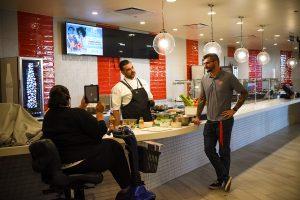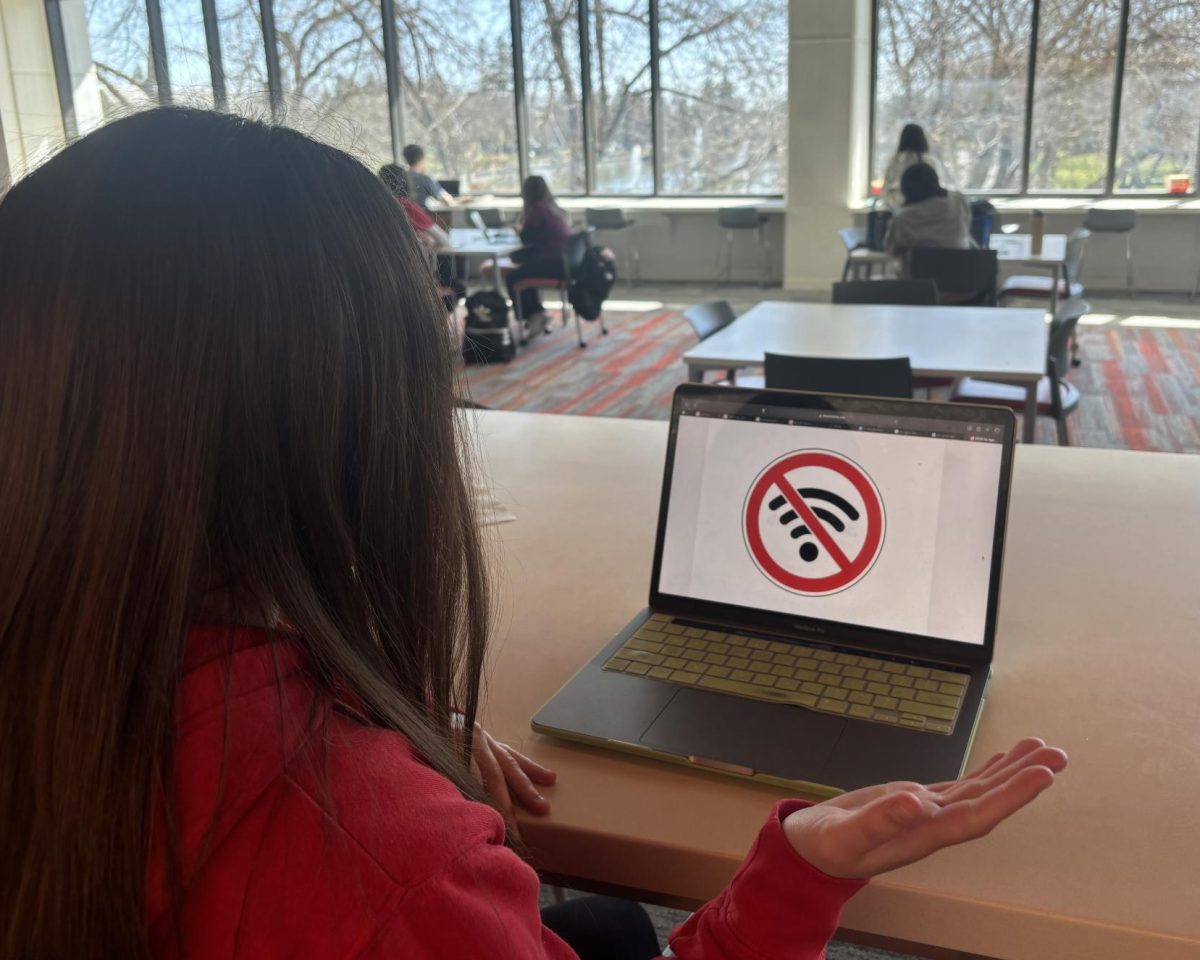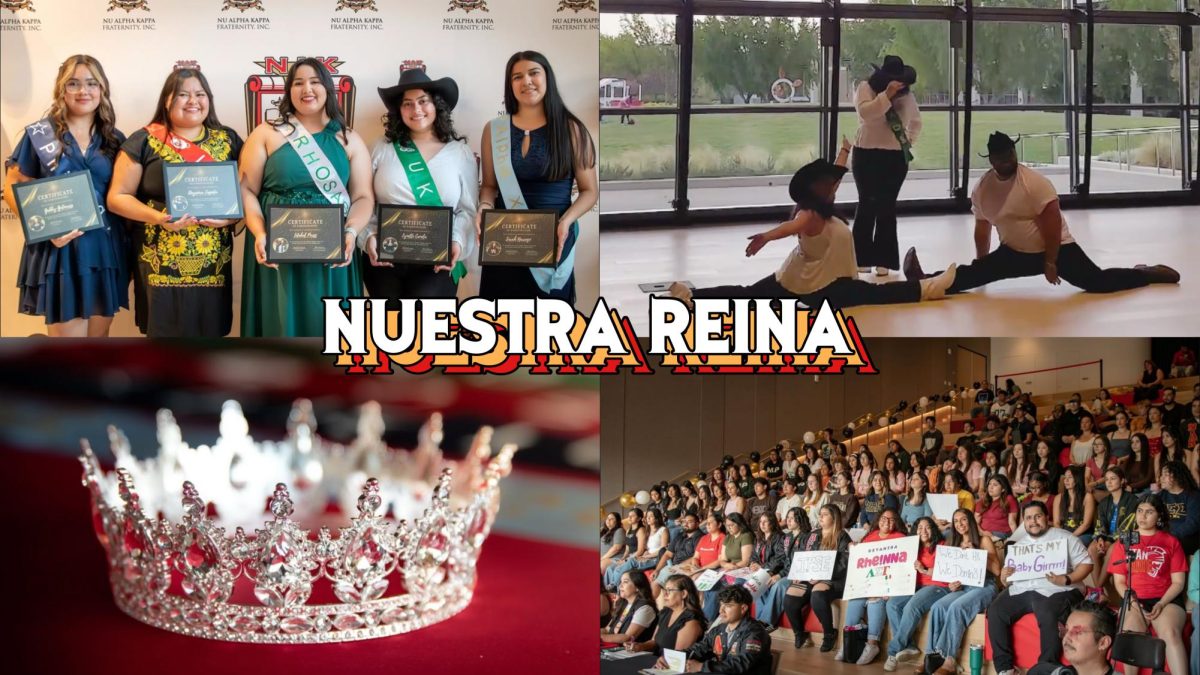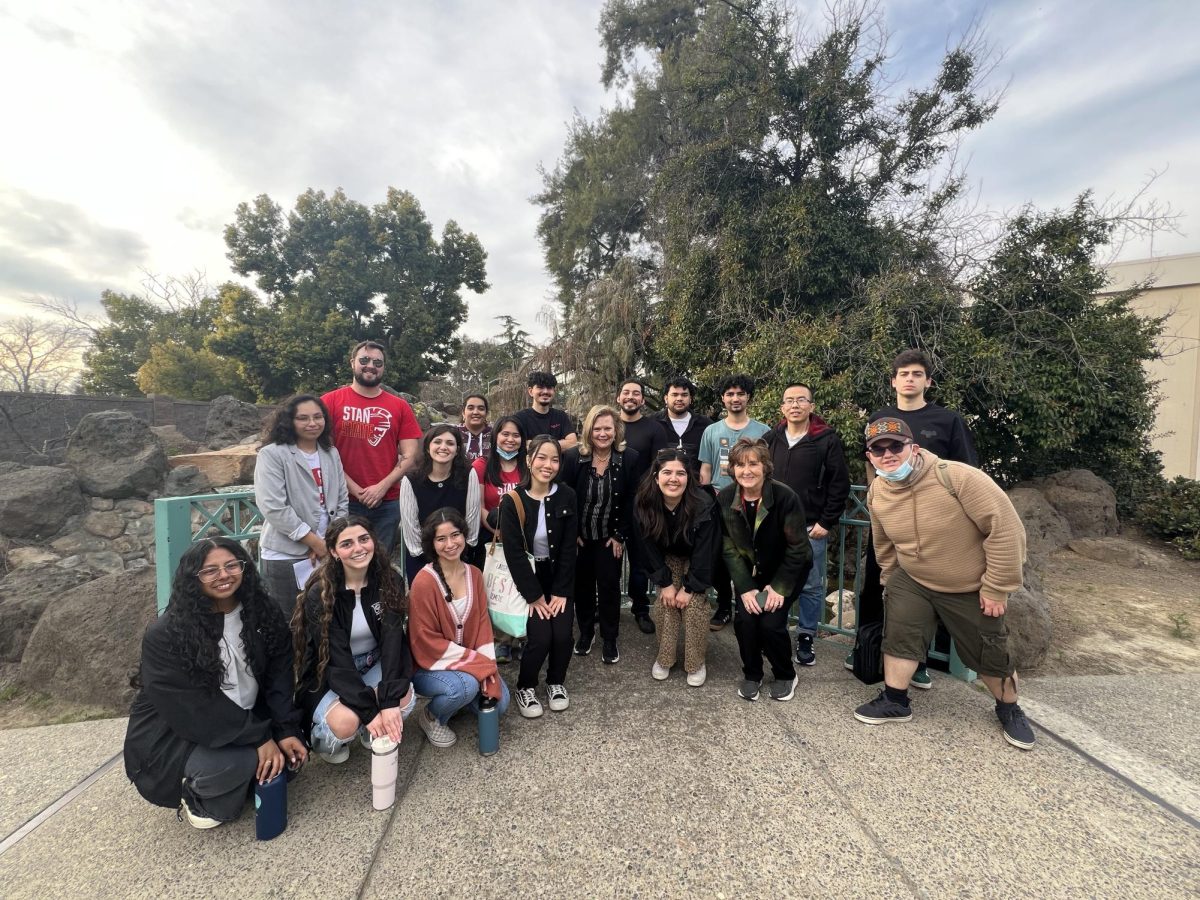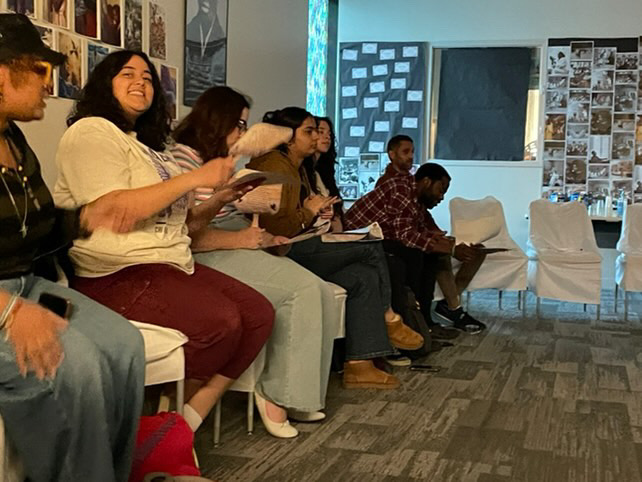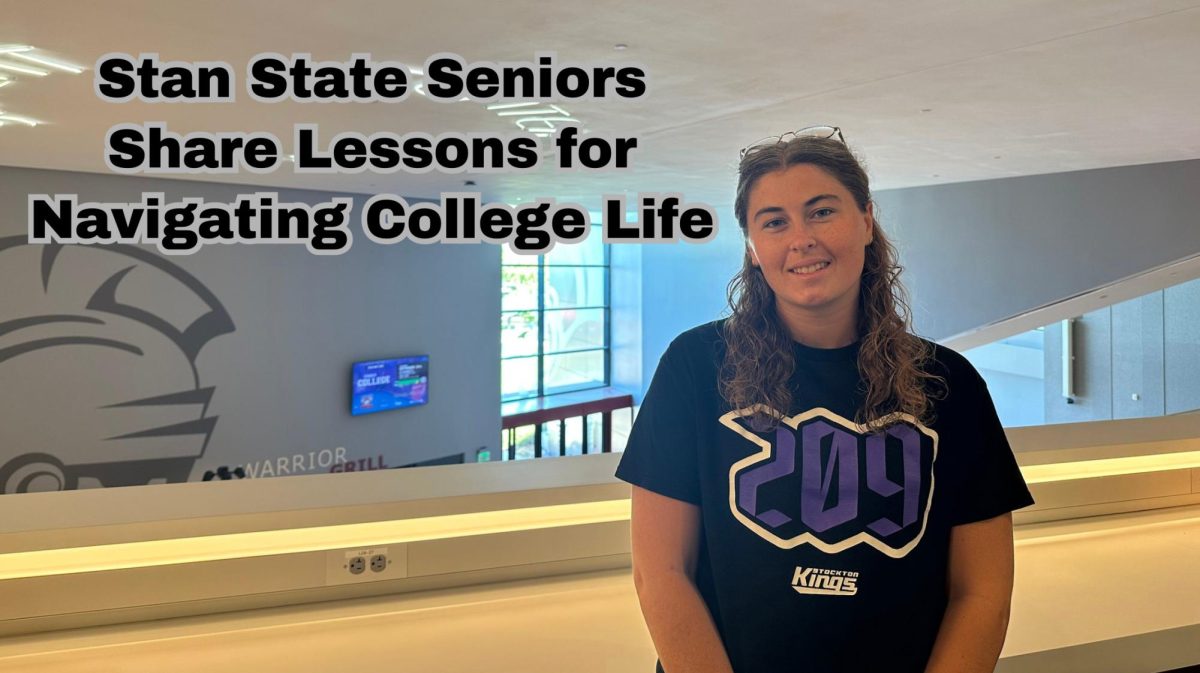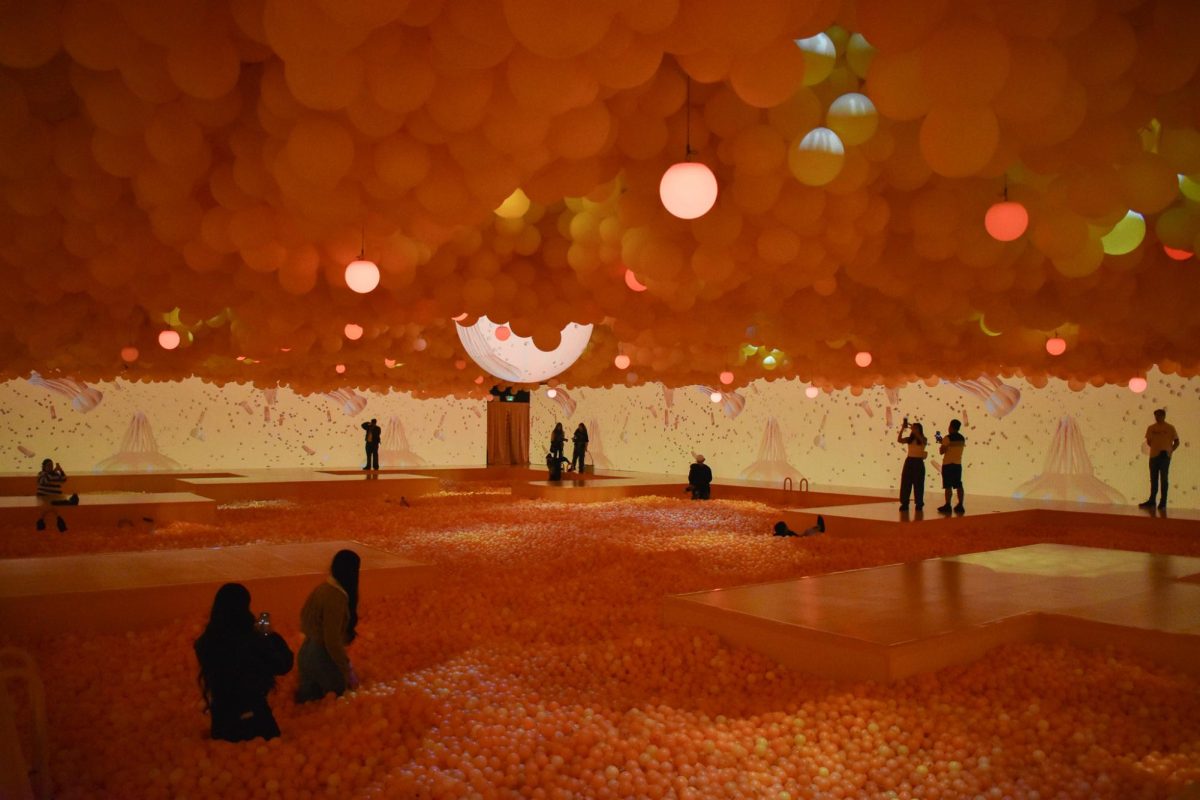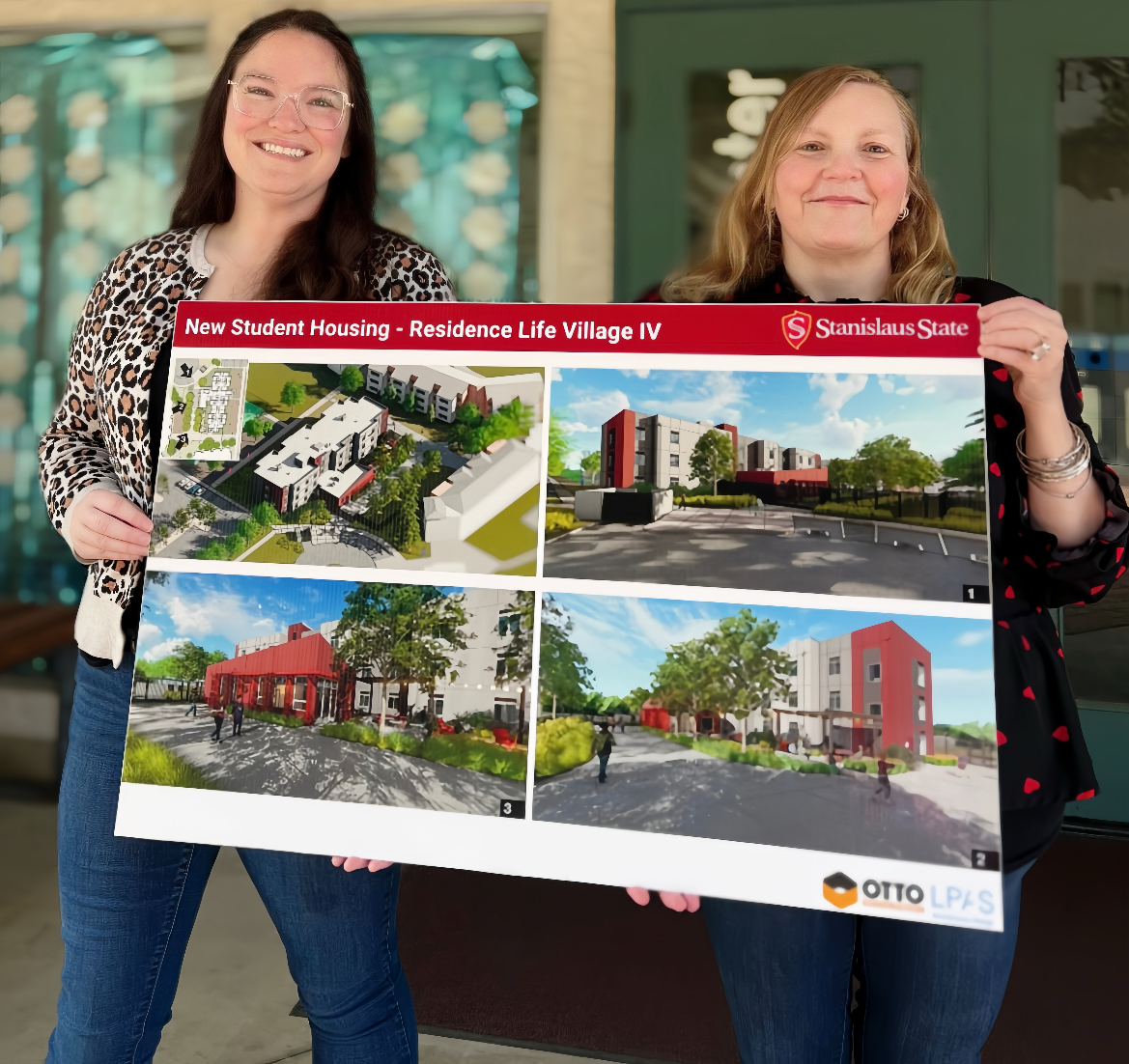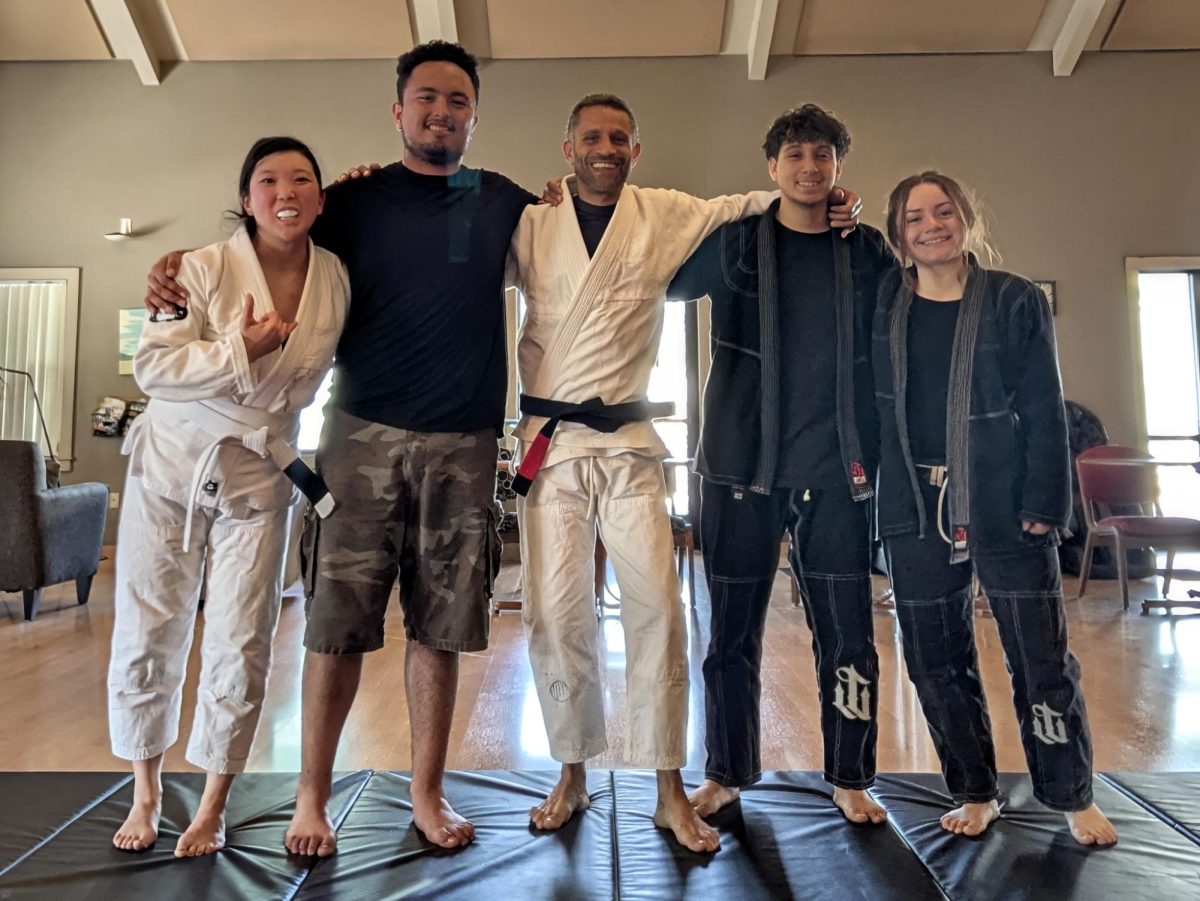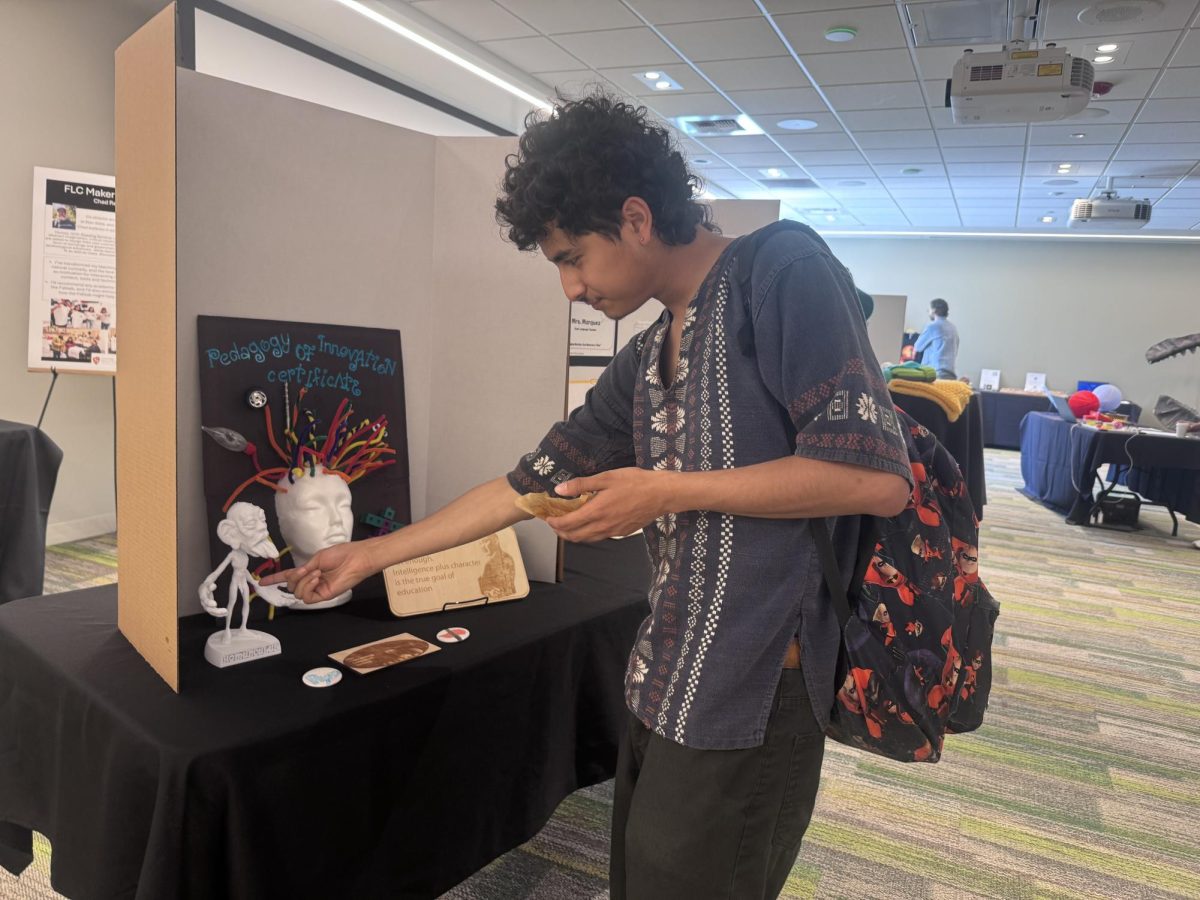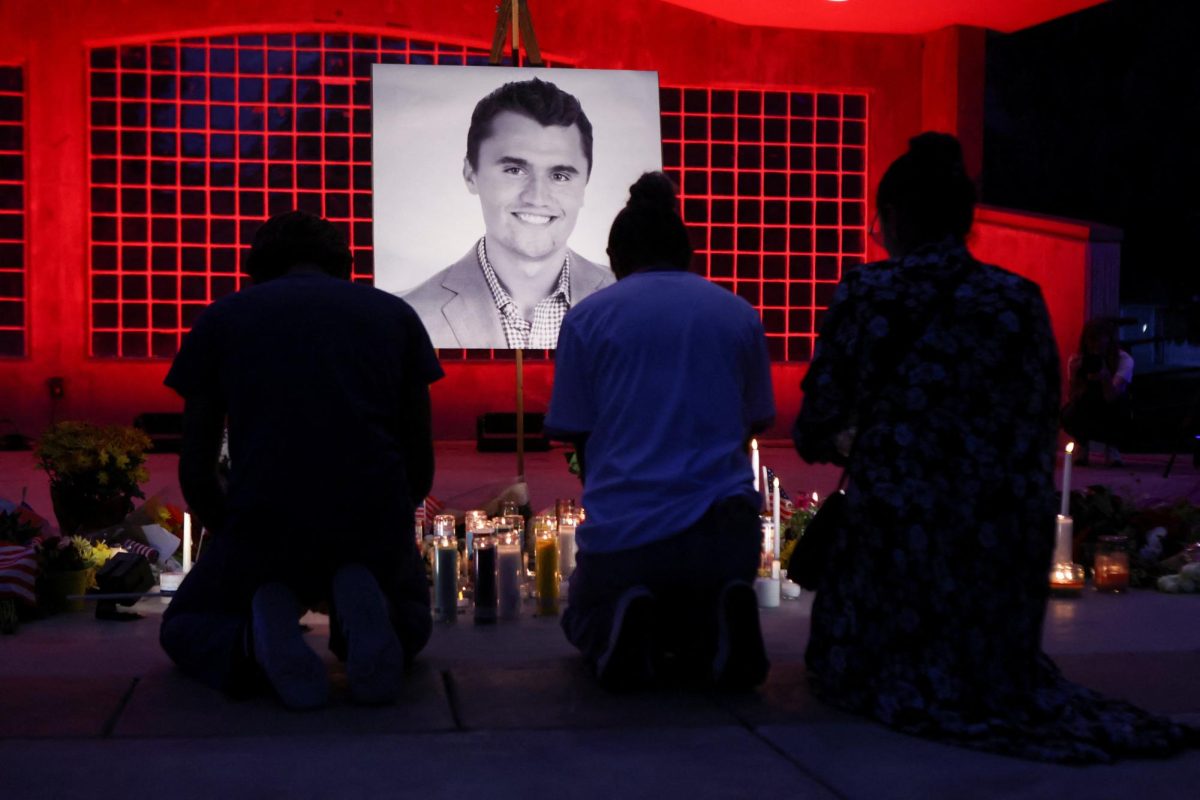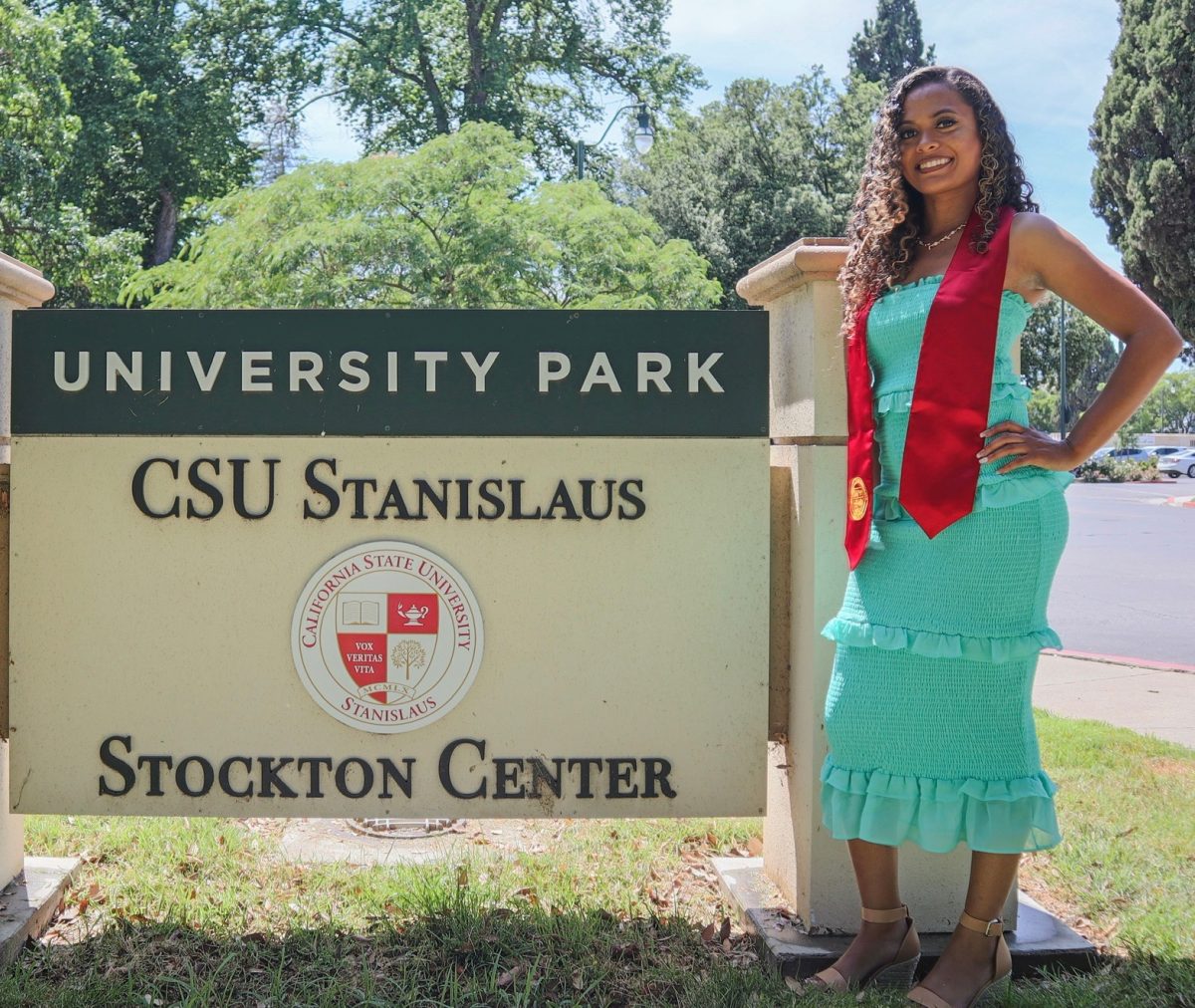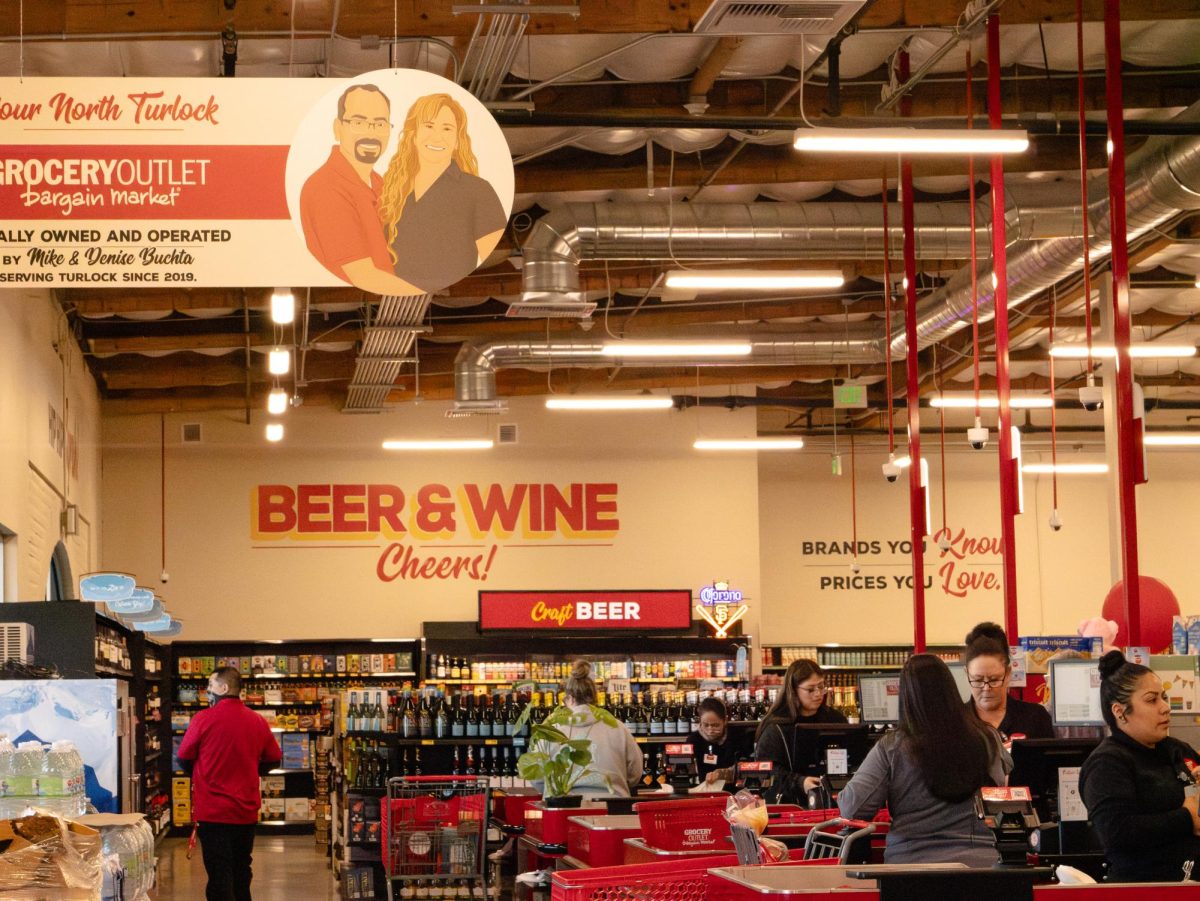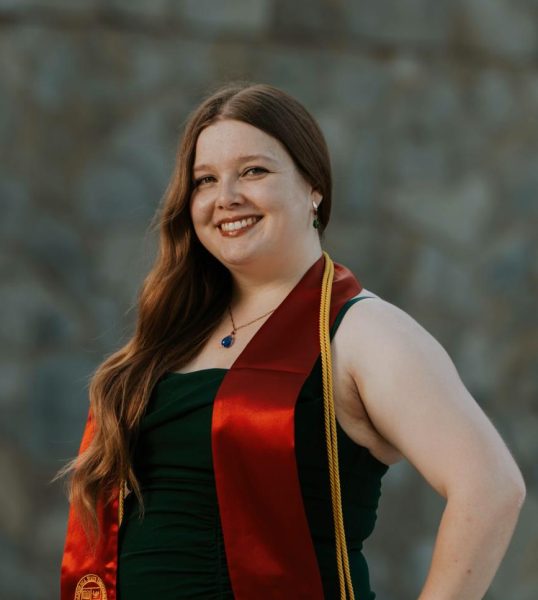As we return to in-person learning, the stress of finding a healthy life balance ensues. But at CSU Stanislaus, there is a free, accessible resource that current students can utilize to put that thought at ease – a program called Noon-trition.
Noon-trition’s goal is to show students the process of cooking and becoming more comfortable with making healthier, more lasting, and nutritious meals.
This program began in the fall of 2020 and is hosted by Housing & Residential Life, Basic Needs, and Health Education & Promotion.
Program meetings take place once a month at 12 PM on Zoom. Online meeting links can be found on the Noon-trition homepage along with previous recordings, recipe cards, and future dates.
Students are also provided with ingredients free of charge so they can follow along with the presentation at home. Ingredients can be picked up in the Warrior Pantry located in the Student Services building (Room 128) the Wednesday prior to the presentation (while supplies last).
Students are also able to pick up Noon-trition ingredient bags in combination with monthly food boxes and 10 items from the Warrior Pantry per week, all completely free of charge.
Danielle Rankin, the Housing and Residential Life program coordinator, who helps run this event, mentioned, “In a time where the grocery bill is high right now, I absolutely recommend students take advantage of that”.
Students who attend the Noon-trition Zoom meetings are also entered into a raffle for a chance to win a prize. There are four raffle winners per Zoom meeting. Prizes are typically related back to the recipe of the month so that students can more easily recreate these shared recipes. Previous prizes include things such as crockpots, rice cookers, Tupperware, and cutting boards.
Zachary Gurr the Basic Needs coordinator on campus, who also helps host the Noon-trition program stated, “We also have the incentives so that students can get some kitchenware and things that they’ll be able to cook with. They can learn basic recipes that are still nutritional instead of getting something that’s microwavable that probably doesn’t have as much value nutritionally as processed foods.”
There is a multitude of benefits that stem from this program.
Rankin shares, “We saw a need through the pandemic to still bring some sort of engagement opportunity for the residents and students in general so they can still feel connected. They can also get their basic needs, food, and a learning experience on how to cook our easy meals that are affordable.”
Gurr shares other benefits brought forth through this program, “It was a real aspiration knowing that some students maybe don’t have the tools or knowledge on how to make certain meals or healthy meals. This was something to bring value to students.”
Edwin Eliazad, the executive chef on campus who was featured in September’s Noon-trition event making a zesty chicken salad, stated that this program is helpful for students because “There’s a difference between good food and then great food.”
Chef Edwin proceeded to say, “Great food excites people a lot more, I think, it makes a difference…it drives people to want to go and eat, more and together and the more, the merrier…food brings people together.”
Passionate about food and students’ well-being, Chef Edwin went into depth about how there are many deeper connections to a good diet than we may initially realize.
A student’s diet can have physical, mental, and emotional effects on the human body, such as how it can affect a student’s academic performance.
Despite having their first hybrid session in September, it is projected that there will be no more hybrid demonstrations held this semester (fall 2022).
Rankin states, “We definitely want to keep the Zoom aspect for a while for those students who are still more comfortable viewing it digitally, but I do foresee us taking this more into a hybrid later on down the road, maybe even next semester.”
Students are encouraged to consult CalFresh Healthy Living for more healthy recipes and the Basic Needs Instagram (@stanstate_basicneeds) for general updates. If students have any questions they can email [email protected], [email protected] or [email protected].


